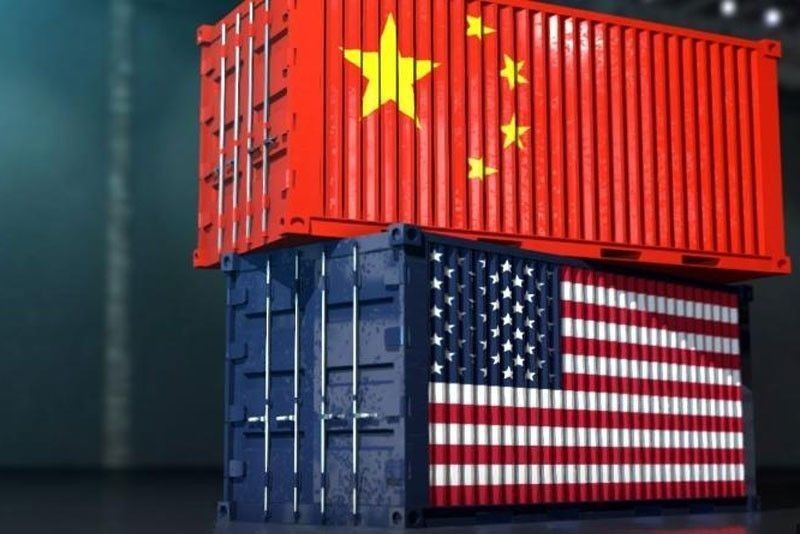US exec admits slow action vs China

MANILA,Philippines — The United States “hesitated and did far less” than it could have when China threatened the Philippines and Vietnam and claimed the entire South China Sea, US Secretary of State Michael Pompeo admitted yesterday.
He said the US had long been too easy on China in the hope that Beijing would reform.
“We hesitated and did far less than we should have when China threatened its neighbors like Vietnam, and like the Philippines, when they claimed the entire South China Sea,” Pompeo said in a speech at the Hudson Institute’s Kahn Award Gala in New York.
At a dinner also attended by former secretary of state Henry Kissinger, Pompeo said China is “truly hostile” to the US and its communist regime is engaged in creating challenges for the US and the world.
Kissinger, national security adviser of president Richard Nixon, negotiated the normalization of relations between the US and China.
“Frankly, we did an awful lot that accommodated China’s rise in the hope that communist China would become more free, more market-driven and, ultimately, hopefully more democratic. And we did this for a long time,” he said.
He slammed the use of coercion by China to achieve its goals well as its “extrajudicial” territorial and maritime claims in the South China Sea.
“When we see Beijing use coercion as a preferred tool of statecraft, it’s not good for those of us who believe in democracy and sovereignty as the fundamental norms that ought to dominate world commerce and the way nations interact,” Pompeo said.
”These ideas, they threaten the free and open international order by making extrajudicial territorial and maritime claims in places like the South China Sea and the Taiwan Strait,” he added.
In June, Foreign Affairs Secretary Teodoro Locsin Jr. questioned the inclusion of the Philippines in the US call against coercion and intimidation in asserting claim in the South China Sea, saying Beijing’s seizure of Panatag (Scarborough) Shoal happened with Washington’s “tacit” permission and consent.
Under the 1951 Mutual Defense Treaty (MDT), the US and the Philippines are obliged to come to the defense of the other in case of external attack.
“We know too that Beijing entwines its neighbors and others in its state-led economic model, often closing deals with bribes, often trapping many in debilitating debt levels, threatening their own sovereignty,” Pompeo added.
China’s regime, Pompeo said, is also trampling on the most basic human rights of its own citizens.
Meanwhile, a former foreign affairs secretary said the Philippines should reject a Code of Conduct (COC) that does not make the award in the South China Sea arbitration an integral part of it.
Albert del Rosario said yesterday the arbitral award by the Hague-based tribunal in 2016 is of paramount importance to the Philippines, being the country that successfully initiated the case to protect its rights and entitlements in the South China Sea.
The tribunal ruling is also immensely valuable to Association of Southeast Asian Nations (ASEAN) member-states bordering the maritime route because, by upholding the United Nations Convention on the Law of the Sea (UNCLOS), it serves to protect their rights and entitlements under international law.
“For the Philippines, the way to honor the rule of law in the South China Sea is to consistently take the rightful position of rejecting any COC that does not serve to make the award an integral part of it… ASEAN cannot promote the rule of law while ignoring the law as it stands,” Del Rosario said.
- Latest
- Trending


























